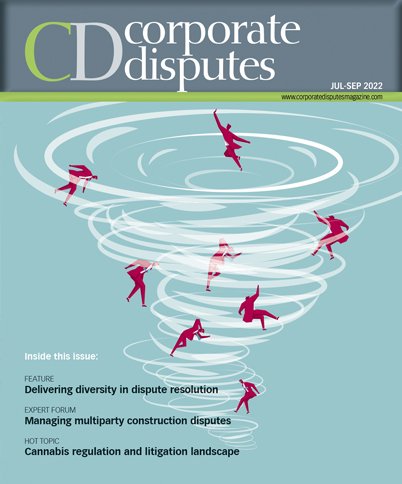THE PERILS OF DUE DILIGENCE, AUDITS AND INTERNAL INVESTIGATIONS – IS LIAISING WITH AUDITORS REALLY A PRIVILEGE?
The concept of privilege allows a party in litigation to withhold a document or piece of evidence, which is relevant to a case, from inspection by the other party or by the court. There are stringent requirements in place when seeking to claim privilege.
The public policy justification for allowing legal professional privilege is that it gives clients the ability to speak openly and freely with their legal counsel without fear of such documents falling into the hands of their opposing party. However, legal privilege is not guaranteed, and errors can result in this privilege being lost or found to have never existed at all.
Legal professional privilege is made up of two elements: legal advice privilege and litigation privilege. Broadly, legal advice privilege exists where a lawyer is giving confidential legal advice to their client. There is no requirement for litigation to be commenced or even contemplated at the time of the communication for this to apply. Accordingly, legal advice privilege applies to contentious and non-contentious legal advice.
On the other hand, a key condition in satisfying litigation privilege is that the communication must relate to litigation, which is already ongoing, due to commence or in reasonable contemplation. Relevant communication can be between a client and their lawyer or between either of them and a third party provided it is produced for the dominant purpose of proceedings contemplated at the time the document is created.

